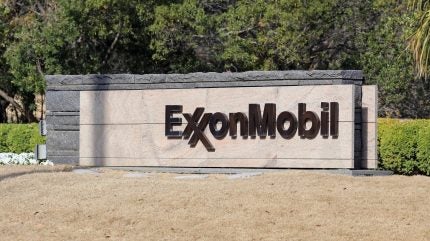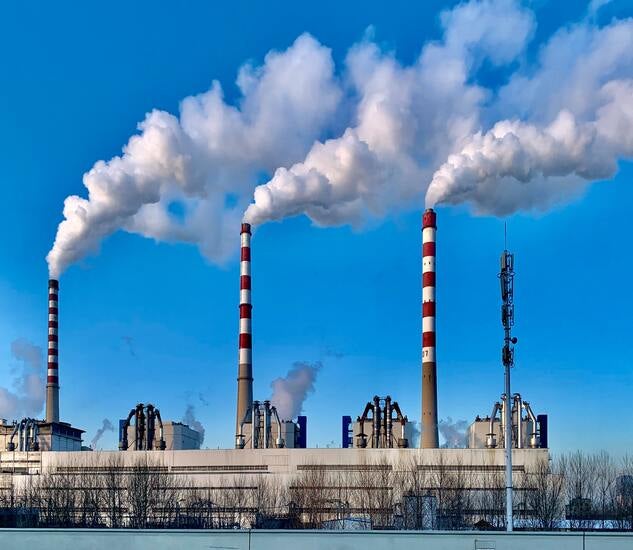
ExxonMobil is poised to commence its inaugural Gulf Coast carbon capture project next year, reported Bloomberg.
The start-up is contingent upon securing regulatory consent for wells designed for underground carbon dioxide (CO₂) storage.
How well do you really know your competitors?
Access the most comprehensive Company Profiles on the market, powered by GlobalData. Save hours of research. Gain competitive edge.

Thank you!
Your download email will arrive shortly
Not ready to buy yet? Download a free sample
We are confident about the unique quality of our Company Profiles. However, we want you to make the most beneficial decision for your business, so we offer a free sample that you can download by submitting the below form
By GlobalDataExxon aims to sequester up to two million tonnes (mt) of CO₂ emissions annually from CF Industries‘ ammonia facility in Donaldsonville, Louisiana, by injecting them into subterranean rock formations for permanent containment.
However, the project’s advancement hinges on the approval of injection wells by Louisiana state regulators, a process overseen by the Environmental Protection Agency.
During a presentation at Barclays’ Energy-Power conference in New York, Exxon low carbon solutions division president Dan Ammann said: “The primary thing that needs to fall into place for that project to successfully start up in the first part of next year is the Class 6 permit for the storage wells for that project.
“But on the basis that comes into place, then we should be starting that project up on time.”
This initiative marks the first phase in Exxon’s broader strategy to establish a Gulf Coast hub capable of capturing up to 100mt of emissions from the area’s industrial operations including refineries and chemical plants.
Exxon views carbon capture technology as a critical component in mitigating climate impact while maintaining the advantages of fossil fuels, despite the technology’s nascent stage after years of research.
“You have seen a lot of press releases – you have not seen that many final investment decisions,” Ammann said.
“That is because these projects are very challenging to pull together.”
In July, ExxonMobil formalised a carbon capture and storage CCS agreement with CF Industries.
The project, due to commence operations in 2028, will involve Exxon transporting and securely storing approximately 500,000t per annum of CO₂ from CF Industries’ complex in Yazoo City, Mississippi.
The partnership with CF Industries marked Exxon’s fourth CCS venture and its second collaboration with the fertiliser producer.
Previously, Exxon had also established a CCS agreement with Nucor, a steel manufacturing company.




